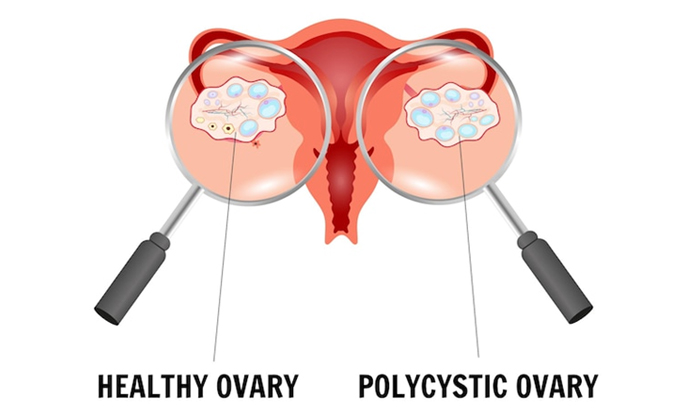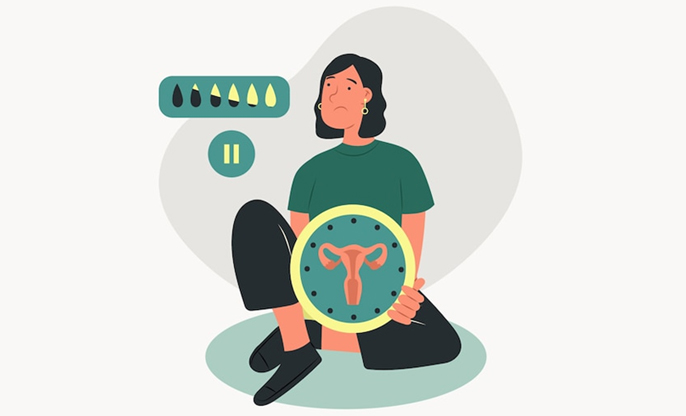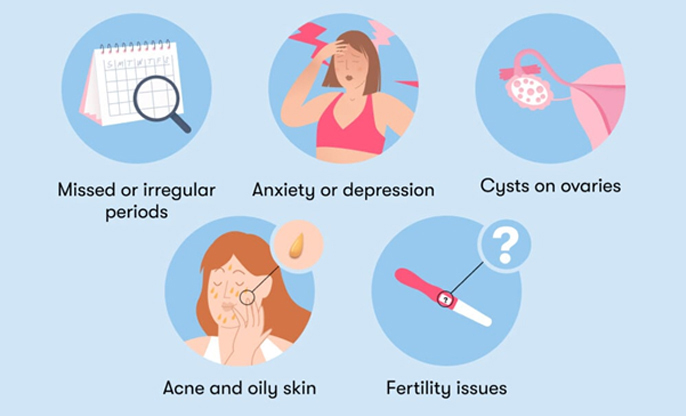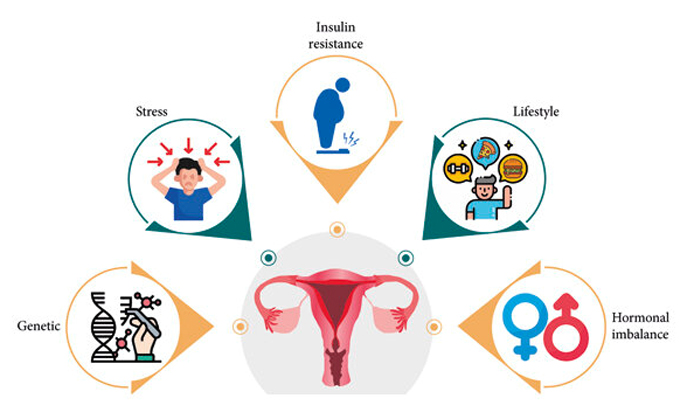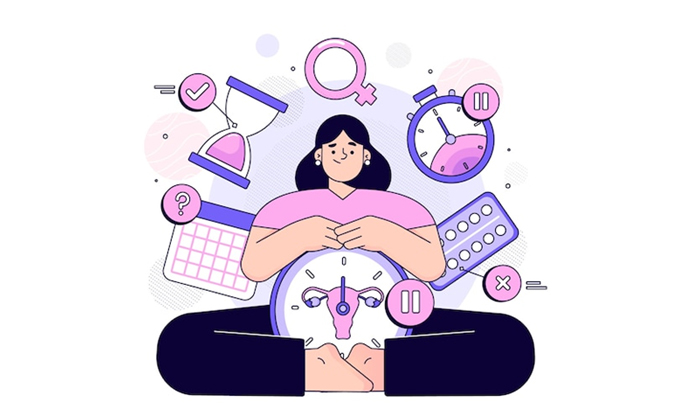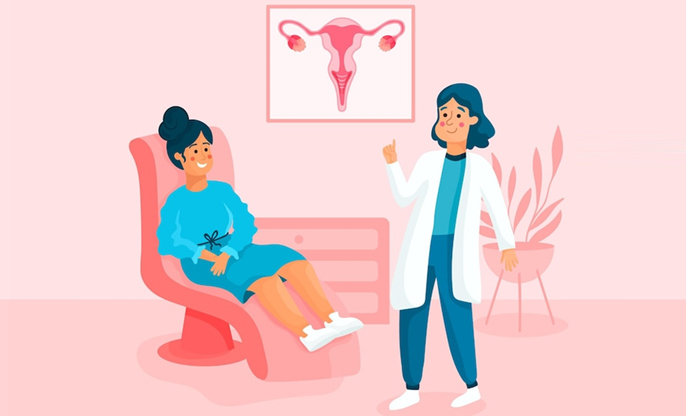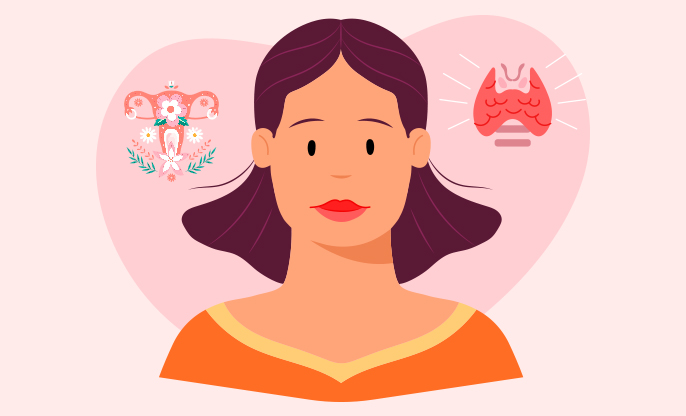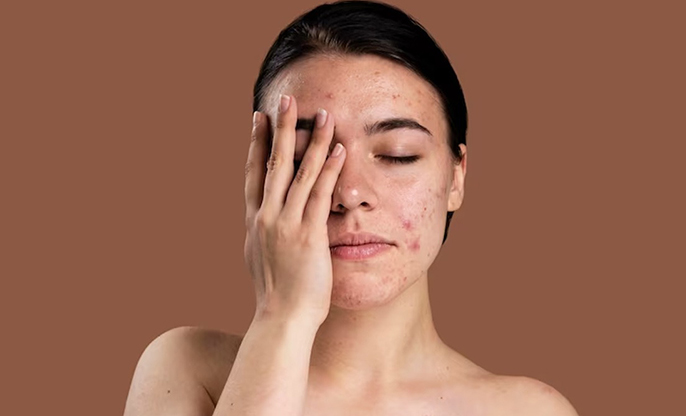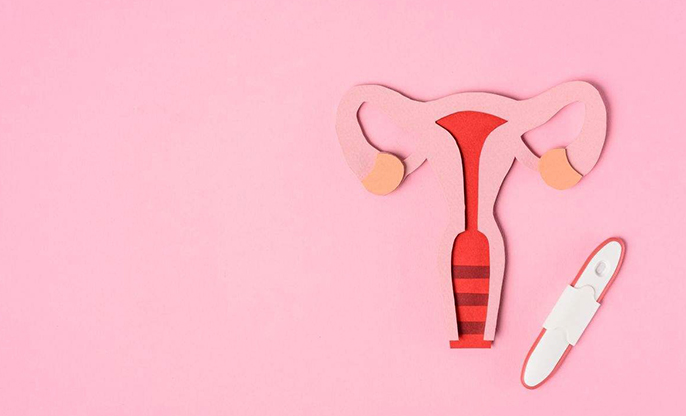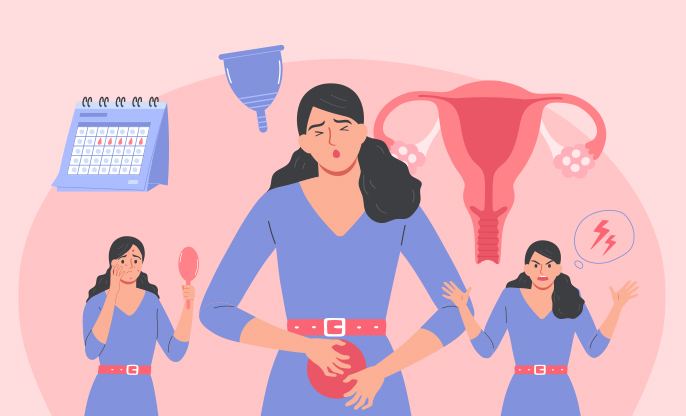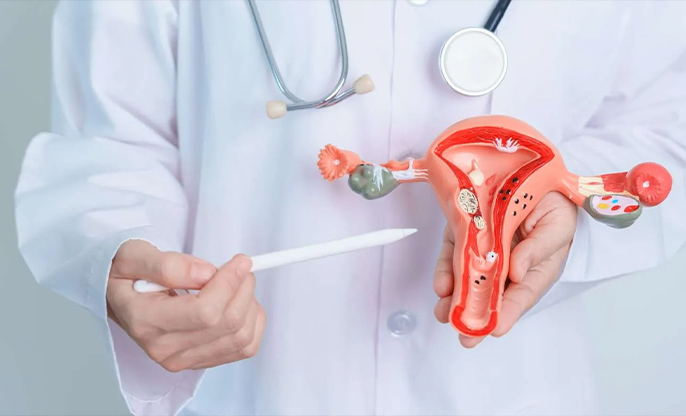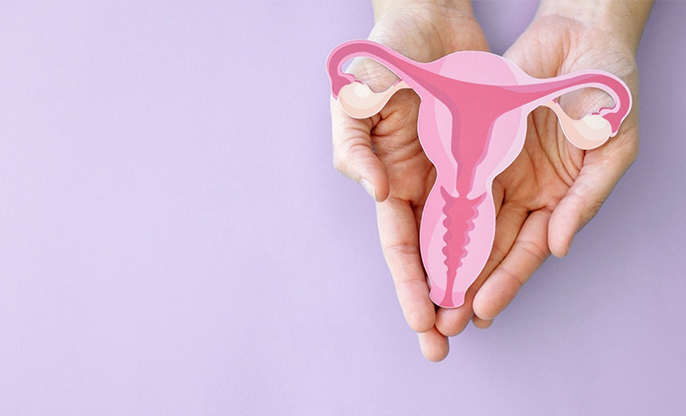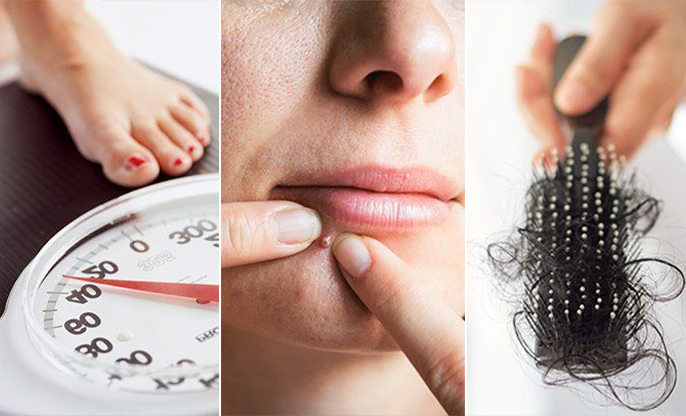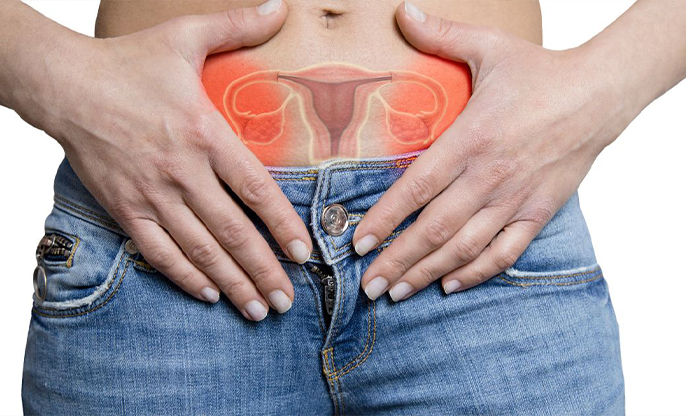
Understanding the Connection and Managing the Impact
PCOS also translates into a constant battle with stress, which can seep into every corner of our lives. This complex hormonal disorder triggers not just our bodies but our emotions, amplifying stress and affecting our mental peace. Let’s unpack this connection and explore how we can find some relief.
The Link Between
PCOS and Stress
● Hormonal Highs and Lows: Our
bodies are a cocktail of hormones like androgens, estrogen, and insulin. This
imbalance doesn't just mess with our menstrual cycle; it plays havoc with our
brain's neurotransmitters too, often leaving us more prone to stress and
anxiety.
● Battling Body Image: PCOS
often brings along friends like weight gain, unwanted hair, and acne. These
unwelcome changes can make us self-conscious, fueling stress and nibbling away
at our self-esteem.
● Fertility Frustrations: For many of us, PCOS means a tough road to motherhood, laden with frustrations and disappointments, which can be a profound source of emotional strain.
Strategies to
Manage Stress with PCOS
● Move More: Exercise is a
great ally. Whether it's yoga, a quick jog, or a dance class, staying active
not only helps in managing PCOS symptoms but also boosts our mood by releasing
those feel-good hormones, endorphins.
● Eat Smart: Opting for a
diet low in refined sugars and high in nutritious foods helps stabilize our
blood sugar levels, which can help smoothen out those mood swings.
● Therapeutic Help: Engaging in
cognitive-behavioral therapy (CBT) can change how we perceive and react to our
PCOS journey. Sometimes, just understanding and reshaping our thoughts can be
incredibly empowering.
● Breathe and Relax:
Techniques like mindfulness and meditation can reduce stress. Dedicating even a
few minutes a day to these practices can provide a much-needed pause to our hectic
routines.
● Lean on Each Other: Joining
a PCOS support group puts us in touch with others who understand what we’re
going through. Sharing our struggles and victories can lighten our emotional
load significantly.
● Expert Guidance: Regular
check-ins with healthcare providers who specialize in PCOS, from dietitians to
gynecologists, help us stay on top of our health and tweak treatments as
needed.
● Medications: In some cases, we might need medications to manage severe stress or related conditions. It’s okay to need that extra help.
Navigating life with PCOS means tackling both the psychological and physical challenges it brings. By embracing comprehensive management strategies and nurturing our mental health along the way, we can enhance our quality of life. It’s about making space for better health practices, emotional self-care, and building a support system that empowers us through our PCOS journey.
